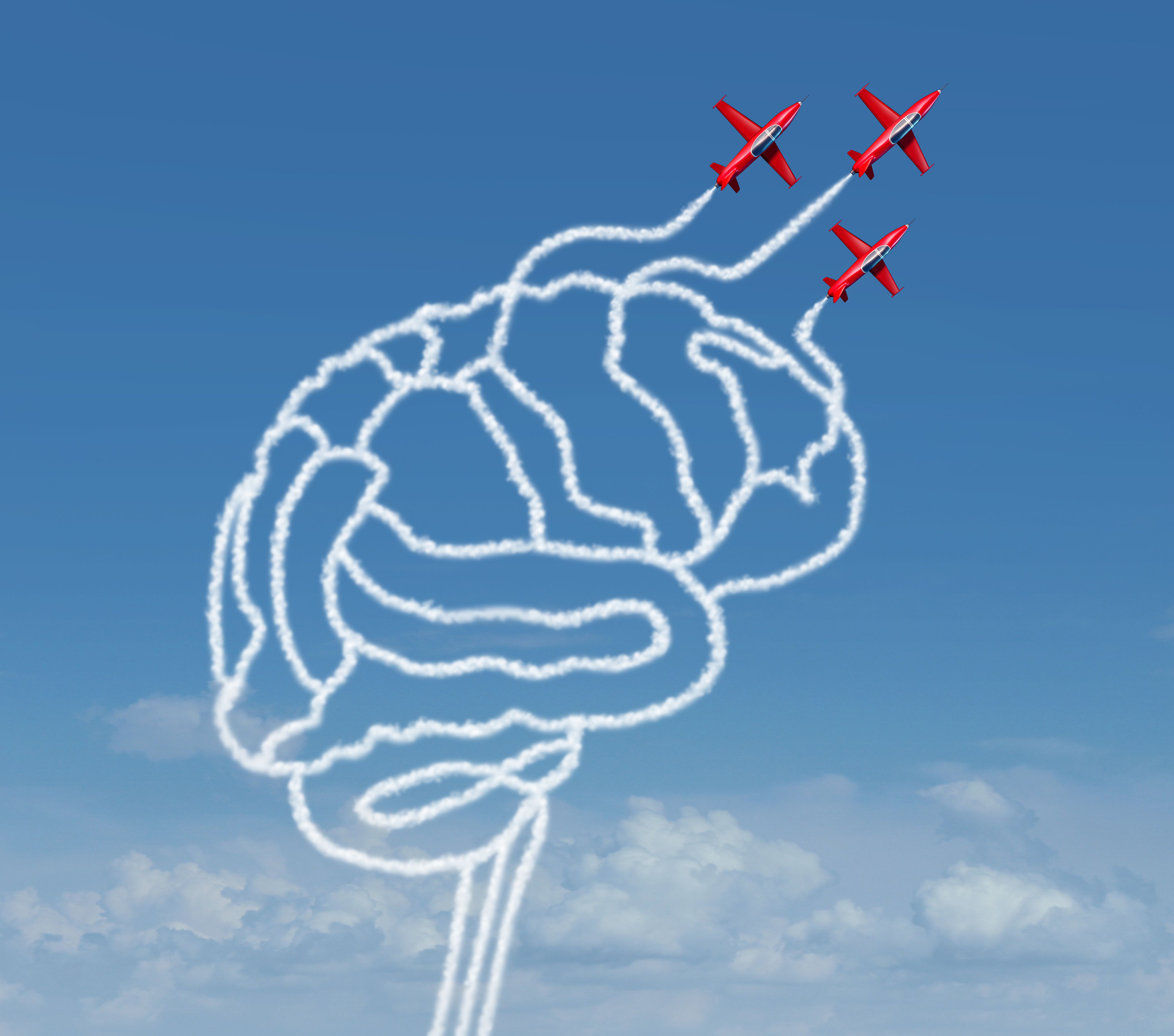
Webinar Recording: LOC-I’s Invisible Fatal Threat: Human Factors
Hidden Elements Contributing to the Leading Cause of Fatalities in Aviation
Net Proceeds from Webinar Replays Support the Annual APS UPRT Full Scholarship Program
Why Human Factors Cause Loss of Control In-flight Accidents to Persist
For well over a decade Loss of Control In-flight (LOC-I) has been the leading cause of fatalities in every sector of aviation worldwide. Despite recent changes in training to include Upset Prevention and Recovery Training (UPRT), the problem persists. What is missing from the training we provide pilots that makes LOC-I so insidious?
Two experts in the field of human factors in aviation explain why the human factors aspects of unexpected upset events make LOC-I the most fatal of all accident causes.
Co-Presenters and Human Factors Subject Matter Experts
Dr. Janeen Kochan - Dr. Kochan is a former Boeing 767 captain and human factors instructor for a major U.S. air carrier. As a human factors scientist, Dr. Kochan conducts human factors research under contract to the FAA, NASA, and others. With over 40-years of extensive research and operational training, her current primary translational research interests include expertise, human and system resilience, human performance, decision making, stress, fatigue, automation, workload, resource management, unexpected events, and training.
Dr. Eric Groen - With an academic background in human physiology, Dr. Groen is a Senior Scientist for TNO, the Netherlands Organisation for Applied Scientific Research, and a visiting professor at Cranfield University. He is a consultant and lecturer on various human factors topics. His research is aimed at supporting pilot performance in demanding situations which may lead to startle or surprise, spatial disorientation, and loss-of-control in-flight. If not recognized and adequately managed by the air crew these situations may have catastrophic consequences.
Drs. Kochan and Groen are joined by APS VP Training, Randall Brooks, to discuss the scientific basis behind underappreciated human factors aspects related to aircraft upsets leading to LOC-I
What to expect from this 1.5-hour webinar ...
- Appreciate the Incapacitating Impacts of Spatial Disorientation Outside of the Flight Simulation Environment
- Learn How Changes in Expectations - Surprise - Can Change the Way We Think
- Gain Access to Current and Relevant Research on Human Factors Related to Loss of Control In-flight
- Understand Changes in Training That Can make pilots More Resilient in the Presence of Human Factors Impacts
Course Curriculum
-
StartPilot Models and References - Dr. Janeen Kochan
-
StartTraining Pilots for Unexpected Events-Study on the Advantage of Unpredictable and Variable Scenarios
-
StartThe Influence of Surprise on Upset Recovery Performance in Airline Pilots
-
StartDealing With Unexpected Events on the Flight Deck-Conceptual Model of Startle and Surprise
Frequently Asked Questions
Get started now!
Your Instructor

Dr. Eric Groen - With an academic background in human physiology, Dr. Groen is a Senior Scientist for TNO, the Netherlands Organisation for Applied Scientific Research, and a visiting professor at Cranfield University. He is a consultant and lecturer on various human factors topics. His research is aimed at supporting pilot performance in demanding situations which may lead to startle or surprise, spatial disorientation, and loss-of-control in-flight. If not recognized and adequately managed by the air crew these situations may have catastrophic consequences.
Dr. Janeen Kochan - Dr. Kochan is a former Boeing 767 captain and human factors instructor for a major U.S. air carrier. As a human factors scientist, Dr. Kochan conducts human factors research under contract to the FAA, NASA, and others. With over 40-years of extensive research and operational training, her current primary translational research interests include expertise, human and system resilience, human performance, decision making, stress, fatigue, automation, workload, resource management, unexpected events, and training.
